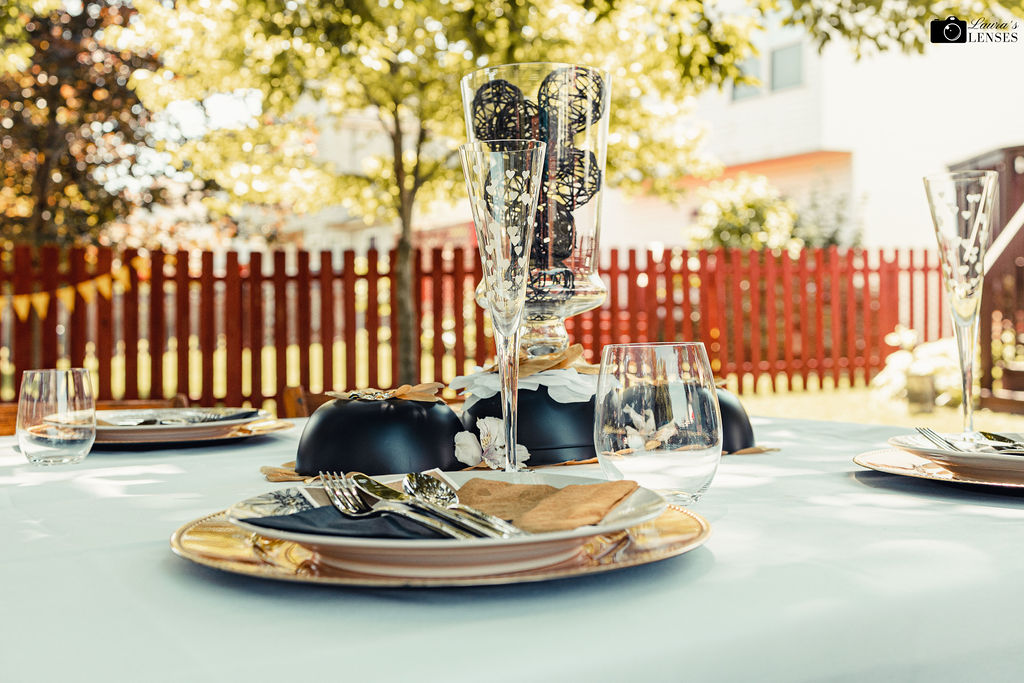
Money, Money, Money.
We’re talking about tips and gratuities today. I want to address the difference between the two terms I’m using here, as I have experienced them in the wedding and events industry. They are not the same. A tip is money (usually) given to a service provider for a service performed well. A gratuity is contractually obligated and is often a very specific amount of money.
I have listed out the most common tips and gratuities below. Please note, your contract may be different, your culture may do these different, and your experience might be different. These are my best suggestions.
First, I always recommend couples assemble their tips into sealed envelopes for someone else to pass out on the evening of your wedding day. This way, you don’t have to remember to do them or forget. When assembling them, use the vendor category (DJ, Photographer, etc.) instead of someone’s exact name. (This makes it easier for whoever you’ve designated to hand them out.)
Second, I always want couples to build these dollar amounts into their budget. They are not an “extra” cost, because we always want to assume that our vendors and service providers are giving us their very best efforts. Some vendors may have these listed as part of your contract and invoice, so it’s always best to double check and confirm.
Third, prepare these tips in advance. I like to suggest at least a month out, that way you don’t have to worry about them and know they’ve been taken care of. I put these with the other day of items, usually the programs or other stationary, clipped or rubber banded together.
Grab my Tips & Gratuities PDF Here!
Use this handy tip sheet to determine how much each of your service vendors will be tippped.
Venues – Ceremony / Reception: These do not often require a tip or gratuity. Depending on the amount of time you’ve put in with your contact, you may choose to give one anyways.
Food – Your caterer will often have a gratuity built into the contract. It can be anywhere from 15% – 25%. You may also see something called a “Service Charge”. This is not the tip or gratuity, but every caterer is different. You can always ask what the Service Charge goes towards.
Beverages – Typically, this is part of the catering agreement, but a tip or gratuity is usually required. Bartenders will also have a tip jar on the bar (sometimes behind the bar) to accept cash tips from guests. I always ask bartenders to keep their tip jar behind the bar, simply for an aesthetic appeal.

Dessert – Since your dessert (cake, donuts, cookies, etc.) is normally delivered and set up prior to the beginning of the reception, a tip is not required or expected.
Officiant – Most officiants will accept a tip if given one, but they do not expect it.
*In some religions, a tip for the “assistants” is expected. (This is true in a Catholic Wedding, the alter servers are usually tipped $20-$40 each.) Some religions require a “donation” for the use of the facility prior to the ceremony.
Attire – Unless the seamstress has gone above and beyond (resewing a lace hem, adding pockets, etc.) a tip is not expected or required.
Hair & Make Up – The Standard 20% applies here. I strongly recommend that everyone (the bridal party members) have the tip for their service as part of their payment ready for the stylists. If you (the couple), are paying for everyone, then I separate out the tips with the payments per person getting serviced.
Rings – No tip is required or expected.
Florals & Décor – No tip is required or expected.
Stationary – No tip is required or expected.
Music – It is not expected that you will tip the musicians or DJ. If their services were above and beyond their contractual obligations, then 20% of their contracted amount is appropriate for a tip.
Gifts & Favors – No tip is required or expected.
Photographer – It is not expected that you will tip your photographer. If their services were above and beyond their contractual obligations, then 20% of their contracted amount is appropriate for a tip.
Videographer – It is not expected that you will tip your videographer. If their services were above and beyond their contractual obligations, then 20% of their contracted amount is appropriate for a tip.
Transportation – It is expected that you will tip your transportation provider. 20% of their contracted amount is appropriate for a tip. If you have valet services, then $1-$2 per vehicle is expected.
Wedding Planner or Coordinator – It is not expected that you will tip your Wedding Planner or Coordinator. If their services were above and beyond their contractual obligations, then 20% of their contracted amount is appropriate for a tip.

Great article! So helpful. Thank you!